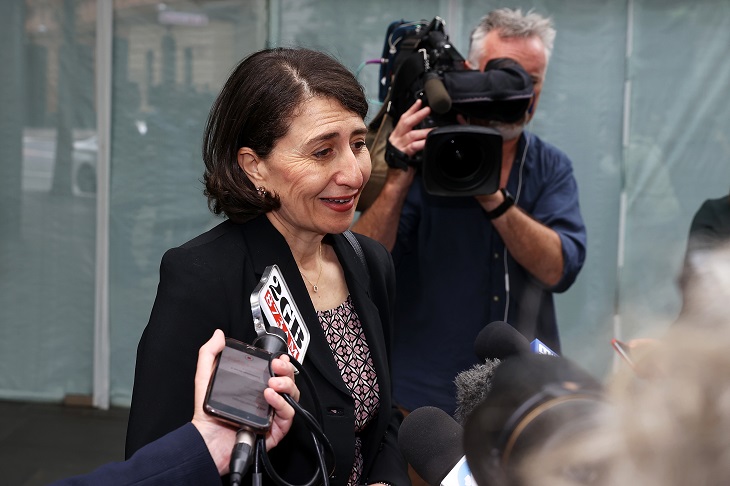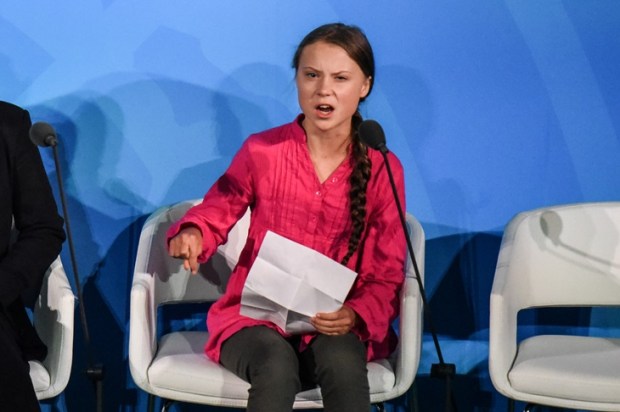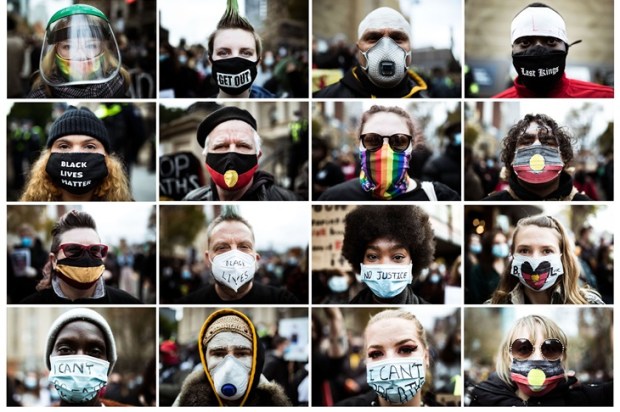What constitutes corruption for a watchdog?
Merriam-Webster
Definition of corruption
1a: dishonest or illegal behavior especially by powerful people (such as government officials or police officers): DEPRAVITY
b: inducement to wrong by improper or unlawful means (such as bribery) the corruption of government officials
By contrast, the definition of corruption in the New South Wales Independent Commission Against Corruption (ICAC) Act runs to almost 1,300 words. Australians are likely to be confused rather than informed by reading the full text, but if you’ve got the patience, you can try here.
The eyes glaze as soon as we begin to read the relevant section 7, which is tangled in bureaucratese. The average reader is denied the simplicity of a definition that satisfies both the law and common sense. For example, it does not illuminate the definition of ‘corrupt conduct’ as distinct from criminal conduct, eg ‘harbouring criminals’ or ‘election bribery’ etc.
Amidst the waffle, we find that ‘official misconduct (including breach of trust, fraud in office, nonfeasance, misfeasance, malfeasance, oppression, extortion or imposition.’ There is a list of 25 examples, such as bribery, blackmail, fraud, theft, tax evasion, revenue evasion, and currency violations, all of which are criminal acts, punishable under the law. And silly me, thinking we had a legal system to deal with lawbreakers…
The irony is that the more verbose and extended, the more the definition of corrupt conduct becomes vague.
As Chris Merritt, vice-president of the Rule of Law Institute of Australia warns:
‘Vague laws are the enemy of freedom. They hand arbitrary power to agents of the executive branch of government and leave ordinary people vulnerable to officialdom. This is why parliaments have a responsibility to ensure the boundaries of unlawful conduct are clear and known to all.’
He adds, ‘On election day, the community will pass judgment on two contending versions of a national integrity commission. Both models should be judged against this criterion: will they erode the doctrine of freedom under the law?’
The essential question is why have a Federal ICAC?
It is perhaps best addressed by one of the victims of Operation Hale, a discredited NSW ICAC investigation (which damaged ICAC), Margaret Cunneen SC, who argues that a Federal corruption watchdog is not only superfluous but dangerous (she is President of the Rule of Law Education Centre).
‘In local government there are ordinances and developers and approvals and fees. Corruption – the misuse of government funds or the corrupt use of government influence – is an ever-present risk.
Politicians and public officials in state governments have less scope for corruption because nothing comes down to the decision of a single person. However there are major projects and tenders and the prospect of corrupt practice is feasible, although less so now with so many layers of approval required for any expenditure.
The federal sphere is even less susceptible to the abuse of government resources or information. There are numerous bodies already in existence to whom complaints may be made of any suspected misfeasance. There is the Commonwealth Ombudsman, the Independent Parliamentary Expenses Authority, the Australian Public Service Commission, the Australian Criminal Intelligence Commission, the Australian Commission for Law Enforcement Integrity, and others. We don’t hear many famous cases from these bodies, and we would if they had them.
The enthusiasm for public hearings for ICACs is no more than an invitation to the public and the media to join the baying mob. If there must be public hearings, fairness dictates that there must be a public apology, exoneration and compensation for people who are found not to have been corrupt after all. An ICAC can only ever expose an allegation of wrongdoing because only courts can find that an offence has been proven.’
In the context of the 2022 election, with its rather confusing scuffle about establishing a Federal integrity watchdog (‘dog’ being the operative word, with its connotations of teeth), cynical voters should be concerned that a corruption watchdog can so easily become a political tool in the hands of politicians who might like to refer their opponents to such bodies, not with a sincere concern over integrity but an agenda of doing reputational harm.
Unlike Labor’s ‘two-page fluff sheet’, as Prime Minister Scott Morrison called it, the Coalition has drafted a 300-page Bill that would guide the operations of a federal ICAC, claiming that it avoids the worst features of the NSW model, such as public shamings…er…hearings, a la Gladys Berejiklian. (ICAC has advised that Operation Keppel submissions by counsel were provided to the relevant parties on February 15, and some parties were granted an extension of time to May 9 to respond. Will we get to see any of that material before the May 21 election?)
In a recent Whitlam Oration, Bret Walker SC summed up the central concerns: ‘A critical safeguard on the kind of information that an ICAC should be able to give us,’ he said. ‘Is that we should no longer be told that an individual has engaged in corrupt conduct… No other agency briefing a prosecutor … thereby informs the community that the person in question is a criminal. That would be a very serious kind of misinformation, in a society still attached, I think, to the notion of a fair trial before conviction.’
And Cunneen notes, ‘For many decades in this country, in law schools and in public discourse, we have taken pride that our common law system with its appeals, checks, and balances, and hard-won evidentiary rules developed for the protection of individual liberty, and “the golden thread” of the presumption of innocence, would never be eroded. Are we now prepared to abandon these human rights for another sector of Australian citizens?’
Andrew L. Urban is the co-author (with Chris McLeod) of the forthcoming book, Zelensky – the unlikely Ukrainian hero who defied Putin and united the world (Wilkinson), for which Rebekah Koffler has written the Foreword.
Got something to add? Join the discussion and comment below.
Get 10 issues for just $10
Subscribe to The Spectator Australia today for the next 10 magazine issues, plus full online access, for just $10.


























Comments
Don't miss out
Join the conversation with other Spectator Australia readers. Subscribe to leave a comment.
SUBSCRIBEAlready a subscriber? Log in